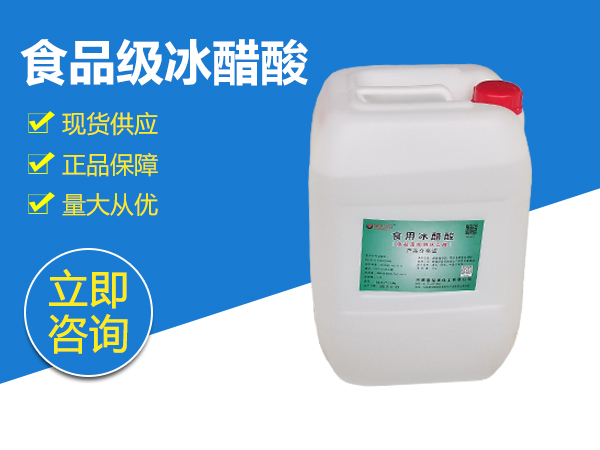
Aug . 06, 2024 12:26 Back to list
Exploring the Physical Properties and Characteristics of Glacial Acetic Acid for Various Applications
Physical Properties of Glacial Acetic Acid
Glacial acetic acid, also known as ethanoic acid, is a colorless liquid organic compound with the chemical formula CH₃COOH. It is named glacial because it can solidify into ice-like crystals at low temperatures, specifically below 16.6 °C (62 °F). This article will delve into the physical properties of glacial acetic acid, highlighting its relevance in various applications.
Appearance and Odor
Glacial acetic acid is a clear, colorless liquid with a sharp, pungent odor reminiscent of vinegar, due to its acetic acid concentration. While diluted acetic acid is widely known as vinegar, glacial acetic acid is a more concentrated form that is utilized primarily in industrial and laboratory settings.
Boiling and Melting Points
One of the distinctive physical properties of glacial acetic acid is its relatively high boiling point of approximately 118 °C (244 °F) and its melting point of around 16.6 °C (62 °F). This means that in cooler environments, glacial acetic acid tends to solidify, forming a crystalline structure. Its ability to exist as a solid at lower temperatures is a unique characteristic compared to many other liquid organic acids, which typically remain in liquid form under similar conditions.
Density and Viscosity
The density of glacial acetic acid is approximately 1.05 g/cm³ at 20 °C (68 °F). This makes it denser than water, which has a density of about 1.0 g/cm³. This property is significant in applications involving separation processes where the density of solutions is a crucial factor. Furthermore, glacial acetic acid has a relatively high viscosity compared to water, which influences its flow characteristics and handling in industrial processes. The viscosity can affect the mixing and reaction rates when used in chemical reactions.
glacial acetic acid physical properties

Solubility
Glacial acetic acid is highly soluble in water, which allows it to easily mix and form aqueous solutions. This solubility is a crucial property, especially when considering its applications in chemical syntheses and storage methods. In addition to water, glacial acetic acid can dissolve in a variety of organic solvents such as ethanol, chloroform, and ether, making it a versatile solvent in many laboratory and industrial applications.
Conductivity and Ionization
Being a weak acid, glacial acetic acid partially ionizes in water to produce acetate ions (CH₃COO⁻) and hydrogen ions (H⁺). This property gives glacial acetic acid its acidic nature, which can be measured in terms of pH. The conductivity of acetic acid solutions is relatively low compared to strong acids, reflecting its weak dissociation in solution.
Applications
Due to its unique physical properties, glacial acetic acid finds various applications in different fields. It is widely used in the production of chemical intermediates, such as acetate esters, which are used as solvents and in manufacturing plastics. It is also an essential component in the synthesis of pharmaceuticals, food preservatives, and dyes. Furthermore, its ability to act as a dehydrating agent makes it valuable in various laboratory procedures.
Conclusion
In summary, glacial acetic acid's unique physical properties, including its melting and boiling points, density, solubility, and conductivity, make it a vital substance in chemical industries and laboratories. Understanding these properties not only aids in its effective application but also highlights the foundational importance of acetic acid in numerous chemical processes. Its versatility continues to support advancements in chemistry, making it an essential compound in the scientific community.
